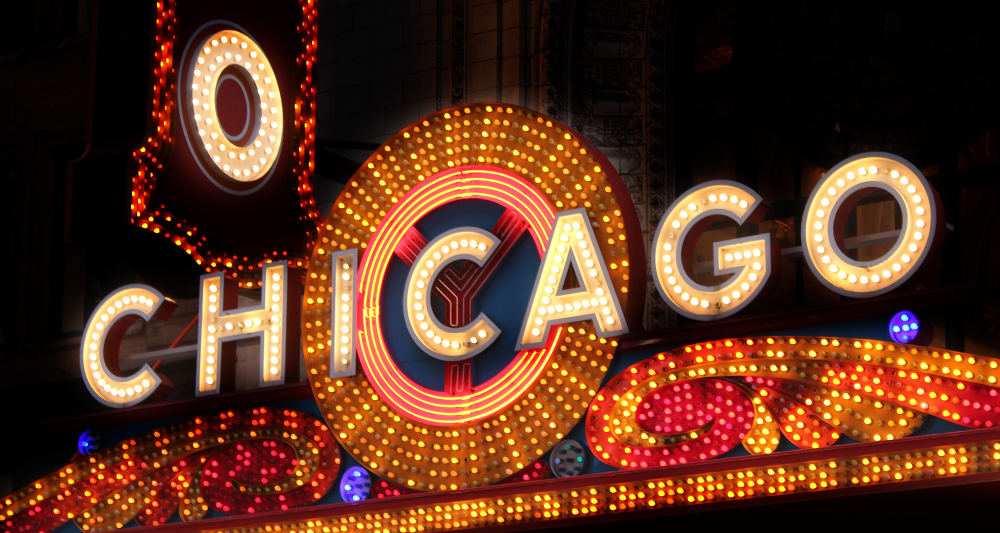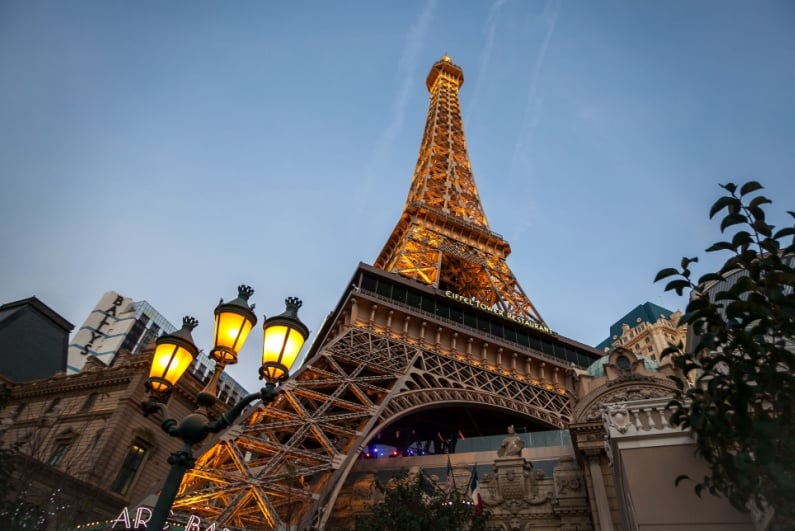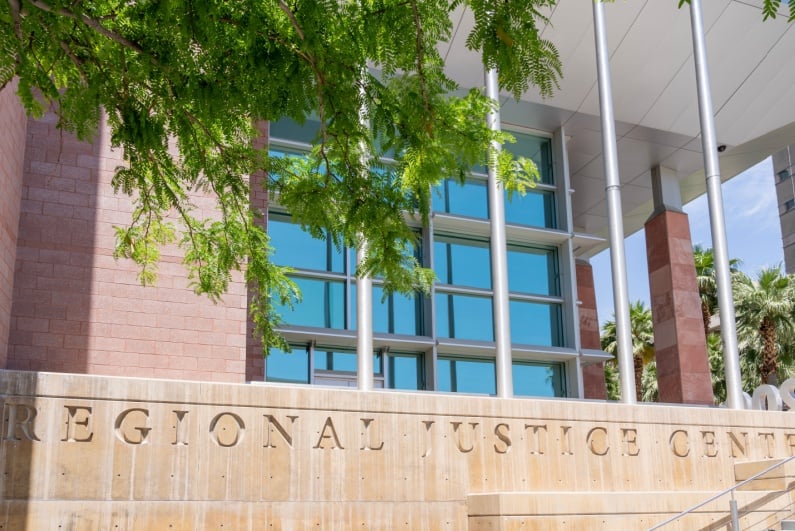Potential IRC struggling to generate interest
While the perception of Chicago’s first downtown integrated-resort casino (IRC) might be hugely attractive to Illinois gamblers, the reality of owning and operating one may be a turnoff for potential investors. Evidence of the Illinois city’s struggle to drum up interest in the casino project came on August 6, when Mayor Lori Lightfoot extended a deadline for interested bidders to get their proposals in.
With the initial August 23 deadline looming, Mayor Lightfoot has pushed the date back to October 29.
The extension of the deadline, Lightfoot said in a statement, “will allow the City to collect as many robust, impactful and transformative proposals as possible.” The mayor added she looked forward to “seeing these bids roll in and working very closely with whichever team is ultimately chosen to develop Chicago’s first-ever casino.”
Major operators pass on casino opportunity
The mayor’s deadline-dickering comes as Chicago “struggles to generate interest” in the casino project, the Chicago Tribune stated on Friday.
Caesars CEO Tim Reeg said he has “got no interest in Chicago.”
According to a Chicago Sun-Times report on August 6, during an investors’ call earlier last week, Caesars CEO Tom Reeg said he has “got no interest in Chicago.” Echoing Reeg in a Q1 2021 earnings call in late April was MGM Resorts’ chief financial officer, Jonathan Halkyard. He distanced his firm from bidding for the potential Chicago IRC, telling analysts: “We’re just not overly keen or focused on it at this time.”
Halkyard said Chicago was “complicated” and that “tax and the notion of integrated resort at scale don’t necessarily marry up.”
Tax and other issues
The prospect of Chicago getting its first IRC has always been a rose-tinted vision strewn with many thorny issues. In May 2020, the Illinois Senate and House both approved Senate Bill 516, which included dropping the expected state tax revenue for a Chicago casino down to $500m per annum from the previously projected, profit-prohibiting figure of $850m.
Illinois Governor J.B. Pritzker signed the bill into law on June 30. He was upbeat in taking to Twitter, highlighting the potential “hundreds of millions of dollars” a casino would bring to the city’s coffers:
Chicagoans like Lynn Becker, a contributing writer on architecture, planning, and urban issues featured in Chicago Reader, Long Island Newsday and the Harvard Design Magazine, is more skeptical.
Becker tweeted his views on Lightfoot’s deadline extension, recalling that a Chicago casino was “a done deal” eight years ago, with a link to his 2013 blog article:
According to the Chicago Tribune, however, local firms Rush Street Gaming and Related Midwest have expressed interest in a potential IRC. The Tribune then posits the potential political niggles Rush Street could cause if chosen, citing the “long friendship” between the chairman’s daughter, Leslie Bluhm, and Mayor Lightfoot. The publication stated that Bluhm junior has given over “$100,000 to Lightfoot’s political funds.”
Attractive, on paper at least
In the press release from Mayor Lightfoot’s office, the attractions of an IRC in downtown Chicago read like a marketing agency’s dream. The release said the project “is currently one of the most attractive casino-resort development opportunities in the country.”
In addition, the mayor’s office trumpeted that the winning bidder will get “the opportunity to incorporate its property into the City’s vibrant cultural scene, robust public transit infrastructure, and highly diversified economy.”
It remains to be seen how many bidders show up to the table in October, or if Rush Street might find itself the lone applicant, bidding against itself.




